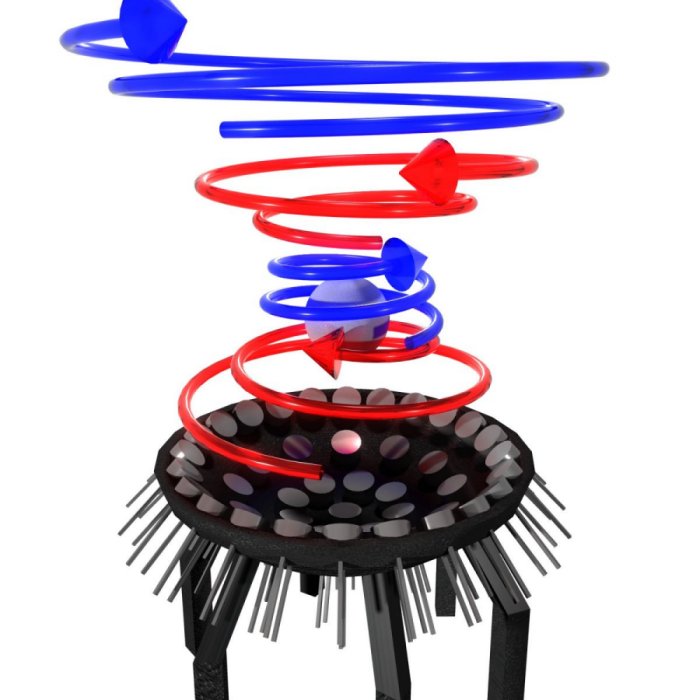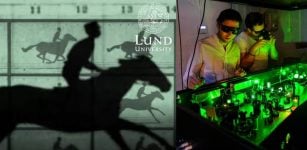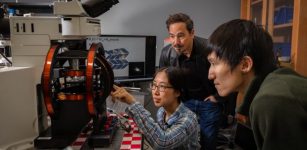Will The World’s Most Powerful Acoustic Tractor Beam Help Us Levitate Humans?
MessageToEagle.com – For the first time University of Bristol engineers have shown it is possible to stably trap objects larger than the wavelength of sound in an acoustic tractor beam.
The world’s most powerful acoustic tractor beam has been used for the first time to demonstrate that it’s possible to stably contain objects larger than the wavelength of sound.

This achievement theoretically opens up the potential of one day levitating humans.
Acoustic tractor beams use the power of sound to hold particles in mid-air, and unlike magnetic levitation, they can grab most solids or liquids.
“Acoustic researchers had been frustrated by the size limit for years, so its satisfying to find a way to overcome it,”said the study’s lead author, Dr Asier Marzo of Bristol’s Department of Mechanical Engineering.
“I think it opens the door to many new applications.”
Not long ago, researchers believed that acoustic tractor beams were limited to levitating only very small objects without losing stability that causes them to spin in uncontrollable manner.
Researchers used the new technique creating a tornado-like structure that is extremely loud but has a silent core. Then the researchers changed the direction of the rapidly fluctuating acoustic vortices that make up this structure, and thus, they could control the rate of rotation and stabilize the tractor beam.
In the experiment, researchers used ultrasonic waves at a pitch of 40kHz, a similar pitch to that which only bats can hear (but not humans).
This time, the researchers held a two-centimeter polystyrene sphere in the tractor beam and this sphere was more than two times the size of the acoustic wavelengths.
So, now, the sphere is the largest object yet, which was held in a tractor beam.
“In the future, with more acoustic power it will be possible to hold even larger objects. This was only thought to be possible using lower pitches making the experiment audible and dangerous for humans,” Dr Mihai Caleap, Senior Research Associate, who developed the simulations, said.
Research is published in Physical Review Letters.
Original story – here.
MessageToEagle.com










